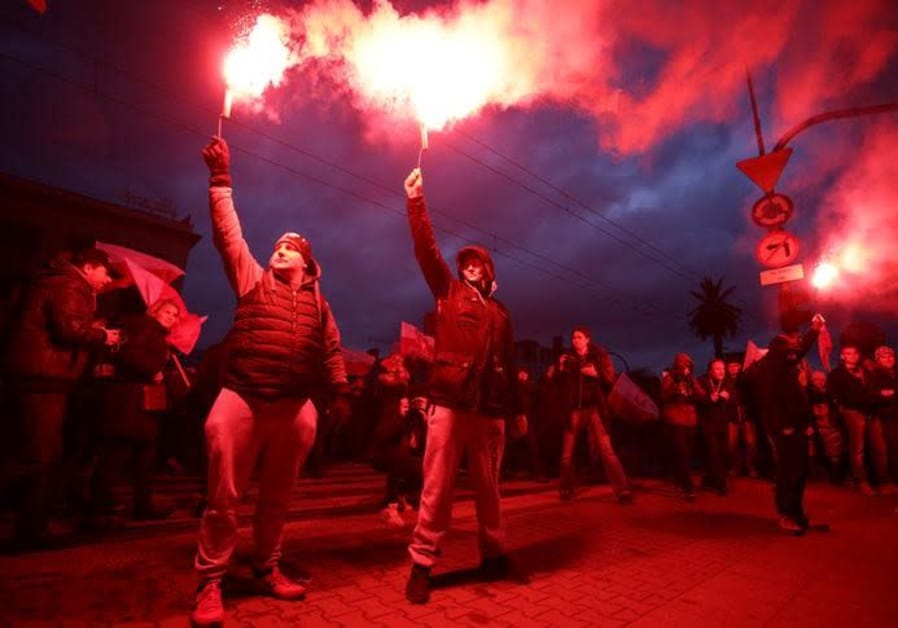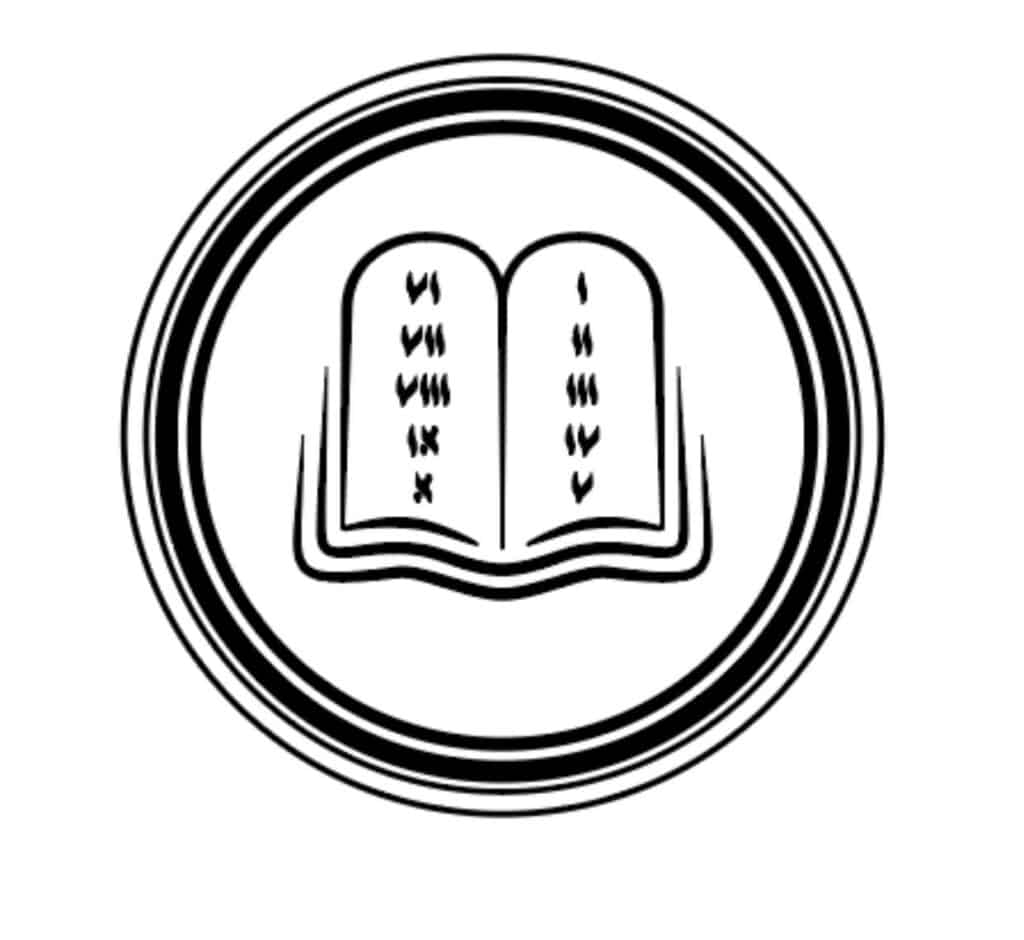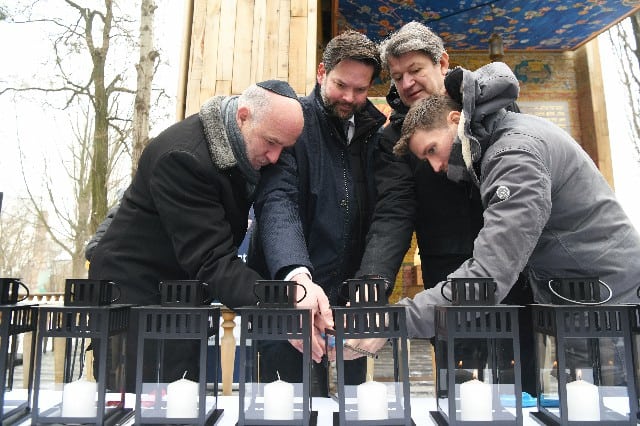The President of the European Parliament, Roberta Metsola, European Commissioner for neighborhood and Enlargement Oliver Varheyli, Secretary of the National Assembly of France, MP Caroline Janvier, President of Parliament of Czech Republic, Markéta Pekarová, Prime Minister of Montenegro, Dritan Abazović joined Ministers and Members of Parliaments from 23 European countries gathered at the Auschwitz extermination camp as part of the annual European Jewish Association’s Leaders Delegation to fight anti-Semitism. The delegation included a Gala Dinner where the President of the European Parliament and Commissioner received awards for services to the Jewish People and Israel respectively.
During her first visit to Auschwitz, President of European Parliament, Roberta Metsola stated that: “It is my duty and responsibility to protect people in Europe from antisemitism, we will not forget and will not let this happen again. we must fight propaganda and antisemitic narratives and we don’t only need a strategy against antisemitism, we need action to bring Judaism again to Europe. ”
European Commissioner for neighborhood and Enlargement Oliver Varheyli affirmed that it is his duty to come to Auschwitz and stated that: I really fear thar what happened here can happen again. The best way to combat antisemitism is to promote Jewish life. It is not enough to say never again, we must do something. My message to the Europeans: There is only one victory over death, that is life”
Rabbi Menachem Margolin, Chairman of the European Jewish Association stated that: “Times of war and economic crisis always serve as a platform for a serious escalation of anti-Semitism. Therefore, especially these days – more than any period since World War II, European leaders are required to act with greater determination to eradicate anti-Semitism both in the field of education and in the field of legislation. Defaming the Jewish people and the Jewish state is the definition of incitement and not freedom of expression and attacks on the Jewish way of life is an infringement of freedom of religion and worship. we expect each and every one of the heads of parliament, ministers and officials who accepted our invitation to return tomorrow to their country and to implement educational programs on the obligatory lessons from the Holocaust as well as essential changes in legislation against anti-Semitism and xenophobia.”
As part of the special gathering, the European leaders placed wreaths at the “Death Wall” compound in Auschwitz and lit memorial candles on the ruins of the gas chambers in Birkenau. Members of the delegation heard chilling testimonies from Holocaust survivor and President of Antwerp Jewish Forum, Baroness Regina Suchowolski-Sluzny, and Keren Knoll, granddaughter of Mireille knoll, Holocaust survivor who was murdered in antisemitic attack in Paris in 2018.
Alexander Machkevitch, Founder of Euro Asian Jewish Congress and philanthropist for intercommunal religious dialogue and projects was honored with the Sir Montefiore Award for his tireless multi-decade work in safeguarding and promoting European Jewry. Accepting the award, Machkevitch said: “It’s a great honor for me to be here. My mother survived because she took the last train. Otherwise she would go to Auschwitz and I wouldn’t be here. I admire you for you contribution of time and energy to make this world a better place. I wish you never get tired nor exhausted to make the world a better place. God will reward you and your children.”
Secretary of the National Assembly of France, MP Caroline Janvier said: “Every political leader should visit Auschwitz to remember that man is capable of the worst, and that modernity doesn’t prevent the worst from happening.”
President of Parliament of Czech Republic, Markéta Pekarová said: “It is Very important to show to young generations what happened in Auschwitz and throughout the Holocaust to keep the memory. Seeing with our own eyes is important. Violations of human rights are unacceptable. It is the responsibility of all European politicians to eradicate antisemitism – Let us not repeat the tragic mistakes of our ancestors. These evils must be stopped.”
Prime Minister of Montenegro, Dritan Abazović said: “We must be careful about what happened here. we should educate young generations that this shouldn’t and must not be repeated. This visit is a contribution to promote a culture of memory and anti-discrimination and is the duty of every EU leader is to visit Auschwitz.”













